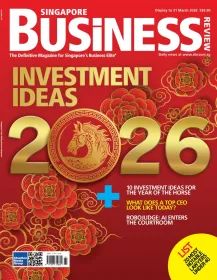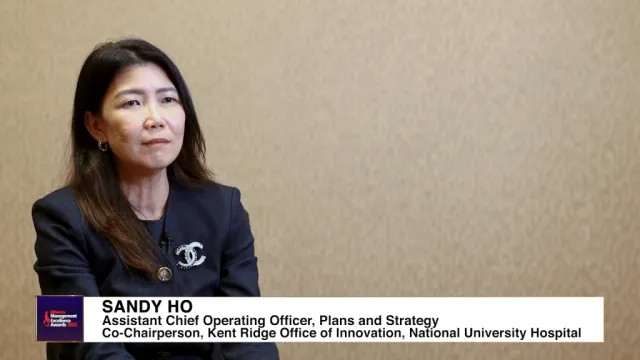Join the community
Thought Leadership Centre
Most Read
1. Singapore to slash CDC vouchers as Budget 2026 pivots to defence 2. Budget 2026 to surge tech funding as ageing workforce squeezes growth: analysts 3. OCBC and UOB to reverse year-long NIM slide in Q4 4. E-ang bao use jumps nearly 50% in 2025 as seniors ditch red packets: OCBC 5. UOB set for growth as DBS, OCBC earnings hold steady: reportResource Center
Awards
Apr
14
Event News
Singapore Business Review Management Excellence Awards 2025 Winner: Moninder Jain of Logitech Singapore Pte Ltd
Moninder Jain of Logitech Singapore highlights how human and AI collaboration strengthened the company’s market position.


 Advertise
Advertise
















Commentary
How Facebook Timeline can make or break your business
How Facebook Timeline can make or break your business
Green offices in Singapore? Why not?
Singapore amid a shifting economic landscape
Tax talks: Where does Singapore stand?
Five ideas your brand should steal from Kony 2012
Singapore – A growing luxury watches market
Private banks must focus on strong branding strategy to increase share in Asia’s booming wealth market
Property-specific re-grooves for private homes
Is social media in Asia here to stay?
Small business marketing needs creative briefs too!
The secrets to start your own business
Is the Singapore start-up scene dead?
How to get a blogger’s attention
What to do when team work doesn't work?
Why you should skip social media and focus on your business
Is sport the answer to young Singaporean’s lack of business drive?
How to be a charismatic CEO